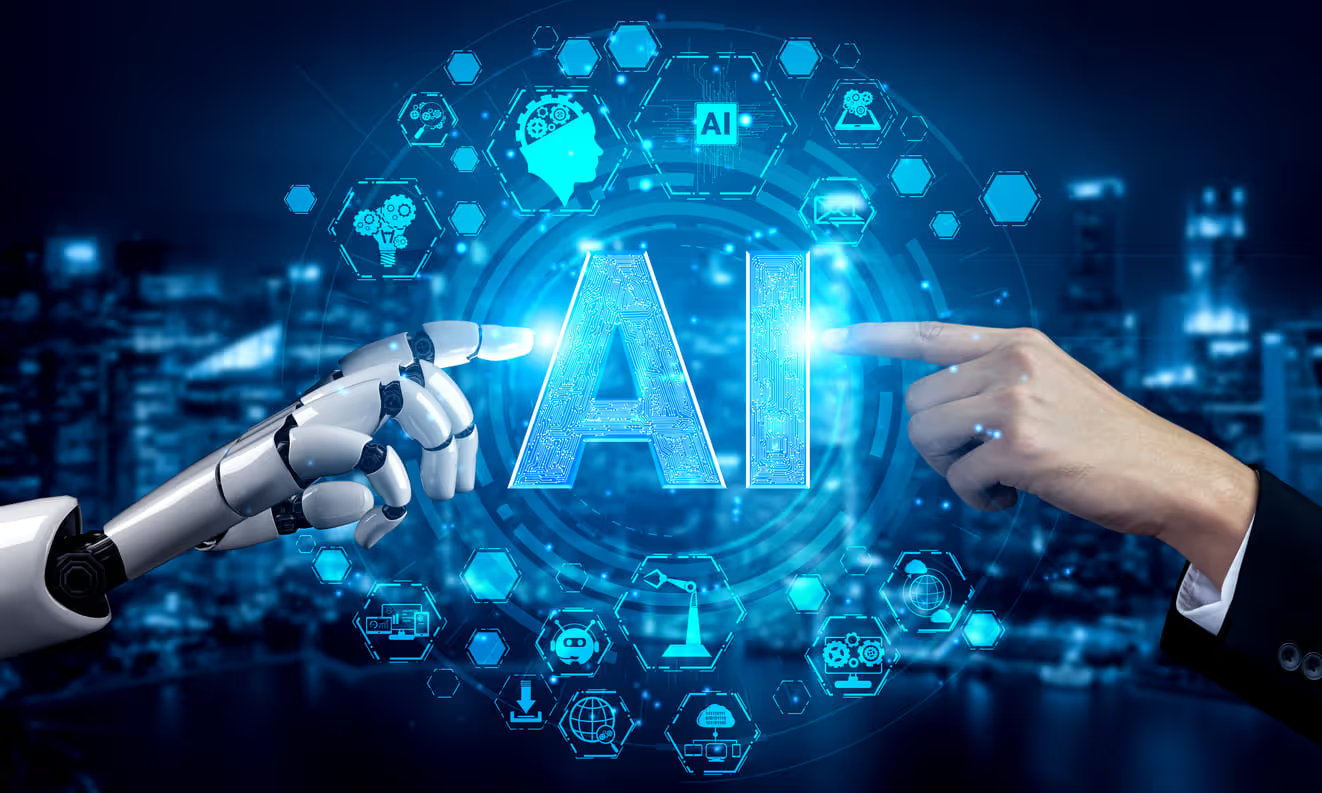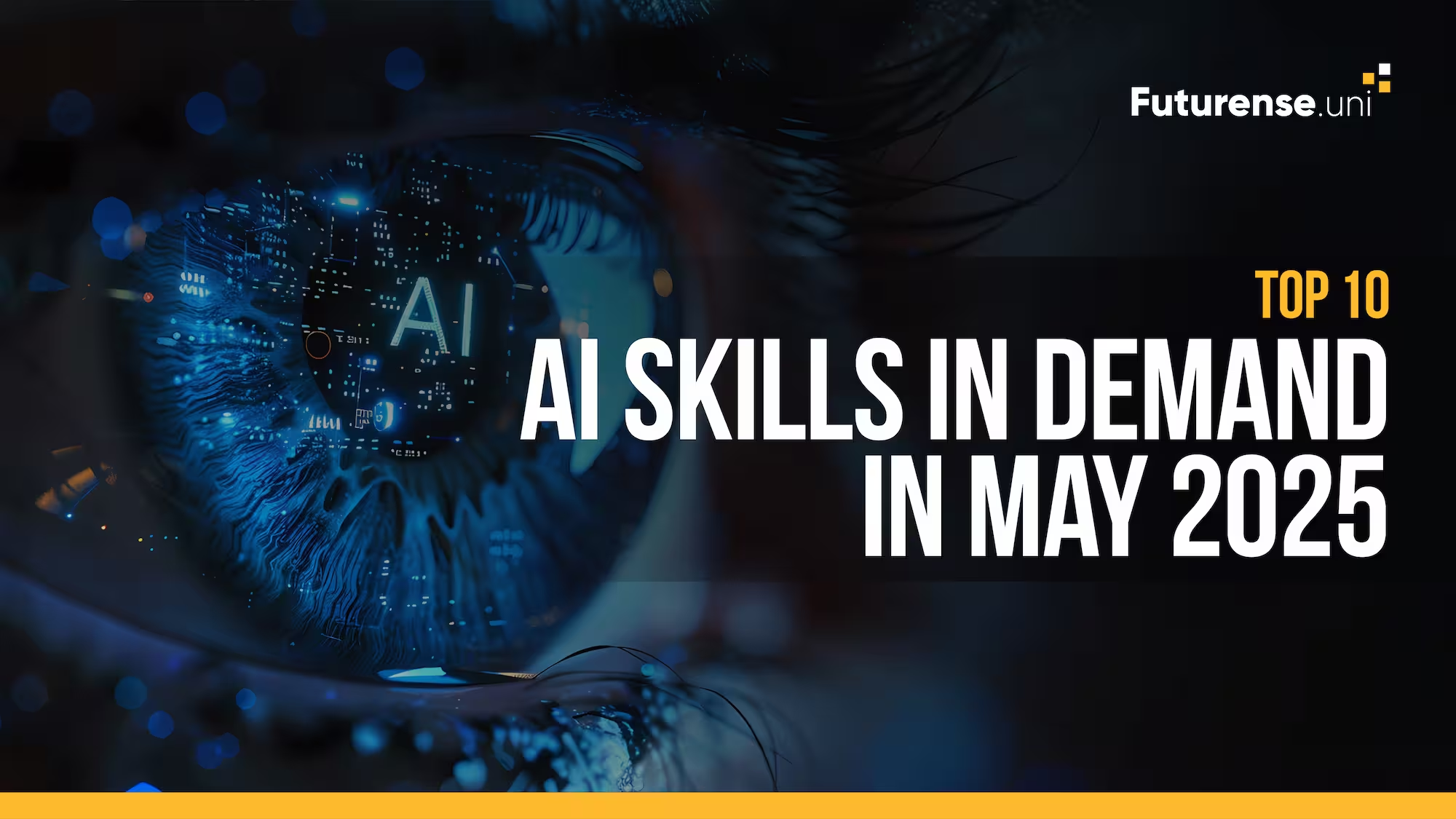Applied AI is no longer a futuristic concept—it’s already shaping the way we live, work, and innovate. From intelligent chatbots to self-driving cars, this technology is transforming industries and unlocking new possibilities every day. By blending data science, machine learning, and applied engineering, Applied AI turns theoretical concepts into real-world solutions. If you’re ready to step into this transformative field, an Applied AI course can be the perfect starting point. In this blog, we’ll explore what Applied AI is, its real-world applications, and why investing in an Applied AI course can be a game-changer for your career.
What Is Applied AI?
What is applied ai? Applied AI focuses on using AI technologies to solve real-world problems. Unlike theoretical AI, which emphasizes research and conceptual frameworks, applied AI centers on practical applications. It involves leveraging AI tools and techniques such as machine learning, natural language processing, and computer vision to address challenges across industries like healthcare, finance, and education.
Why Learn Applied AI?
Learning what is applied ai equips individuals with the skills to design and implement AI solutions. This has a direct impact on improving processes, optimizing systems, and creating innovative products. Whether you are a professional seeking to upskill or a student exploring career options, mastering what is applied ai opens up exciting opportunities.
Benefits of Learning Applied AI:
- In-Demand Skills: Companies are constantly seeking AI experts to address evolving challenges.
- Career Growth: Roles like AI engineer, data scientist, and machine learning specialist are among the fastest-growing careers.
- Hands-On Problem Solving: Gain the ability to tackle real-world issues using AI techniques.
- Interdisciplinary Opportunities: AI is applicable in various fields, offering flexibility in career choices.

Real-World Applications of Applied AI
The practical use of what is applied ai spans many domains. Here are some examples of how it is transforming industries:
1. Healthcare
- Diagnosing diseases using AI-powered imaging tools.
- Developing personalized treatment plans through predictive analytics.
- Monitoring patient health with wearable devices
2. Finance
- Detecting fraudulent activities using AI algorithms.
- Optimizing investment strategies with machine learning models.
- Automating customer support with chatbots.
3. Retail
- Enhancing customer experience through personalized recommendations.
- Managing inventory with predictive analytics.
- Implementing automated checkout systems.
4. Education
- Tailoring learning experiences through AI-driven platforms.
- Automating administrative tasks for educators.
- Supporting students with AI tutoring tools.
5. Transportation
- Powering autonomous vehicles.
- Optimizing routes for logistics companies.
- Enhancing traffic management systems.
What Does an Applied AI Course Cover?
An applied AI course is designed to provide both theoretical knowledge and practical experience. These courses often cover the following areas:
- Introduction to AI: Understanding the basics of AI, machine learning, and data science.
- Programming Foundations: Learning programming languages like Python and R that are essential for AI development.
- Machine Learning: Exploring supervised, unsupervised, and reinforcement learning techniques.
- Deep Learning: Working with neural networks to build advanced models.
- Natural Language Processing (NLP): Teaching machines to understand human language.
- Computer Vision: Using AI to interpret and analyze visual data.
- Project Work: Applying concepts to solve real-world problems through hands-on projects.
Choosing the Right Applied AI Course
With so many options available, selecting the right course can feel overwhelming. Here are some factors to consider:
1. Curriculum
Ensure the course covers a comprehensive curriculum, including both foundational and advanced topics.
2. Practical Experience
Look for courses that emphasize hands-on learning through projects and case studies.
3. Industry Relevance
Choose a course designed by industry experts or affiliated with reputed organizations to ensure real-world applicability.
4. Flexibility
Consider courses that offer self-paced learning or part-time schedules to fit your lifestyle.
5. Certifications
Opt for courses that provide recognized certifications to validate your skills and boost your resume.
How to Succeed in an Applied AI Course
Succeeding in an applied AI course requires dedication and a strategic approach. Here are some tips:
1. Build a Strong Foundation
Before diving into advanced concepts, ensure you have a good grasp of basic programming and mathematics.
2. Stay Curious
Explore AI applications beyond the course material to deepen your understanding.
3. Collaborate
Engage with peers and instructors to gain insights and share knowledge.
4. Practice Continuously
Work on multiple projects to refine your skills and build a robust portfolio.
5. Stay Updated
AI is a rapidly evolving field. Keep up with the latest advancements and trends to stay ahead.
The Future of Applied AI
The future of what is applied ai is bright and full of potential. As AI continues to evolve, it will play a pivotal role in addressing global challenges such as climate change, healthcare accessibility, and sustainable development. Professionals trained in what is applied ai will be at the forefront of this transformation, driving innovation and creating impactful solutions.
Conclusion
Applied AI is your gateway to a dynamic, high-impact career. By understanding and leveraging the power of AI in real-world contexts, you can drive innovations that transform industries—from healthcare breakthroughs to smarter education systems and streamlined business operations. When paired with the principles of applied engineering, Applied AI becomes a force for creating practical, scalable, and future-ready solutions. The future is here—equip yourself with the skills, choose the right course, and be at the forefront of this exciting technological revolution.
FAQs: Applied AI
What is applied AI?
Applied AI refers to the practical application of AI technologies to solve real-world problems in industries like healthcare, finance, retail, and more.
Who should take an applied AI course?
An applied AI course is ideal for professionals looking to upskill, students interested in AI careers, and anyone passionate about leveraging AI for innovation.
What skills are needed to learn applied AI?
A basic understanding of programming, mathematics (linear algebra, statistics), and analytical thinking is helpful when starting an applied AI course.
How long does it take to complete an applied AI course?
The duration varies depending on the course. Short-term courses can take a few weeks, while comprehensive programs may last several months.
What career opportunities are available after completing an applied AI course?
Completing an applied AI course can lead to roles such as AI engineer, data scientist, machine learning specialist, and AI consultant across diverse industries.
Can I learn applied AI without prior experience in technology?
Yes, many beginner-friendly courses provide foundational knowledge and step-by-step guidance to help you get started in what is applied ai.

.avif)






.avif)
.avif)